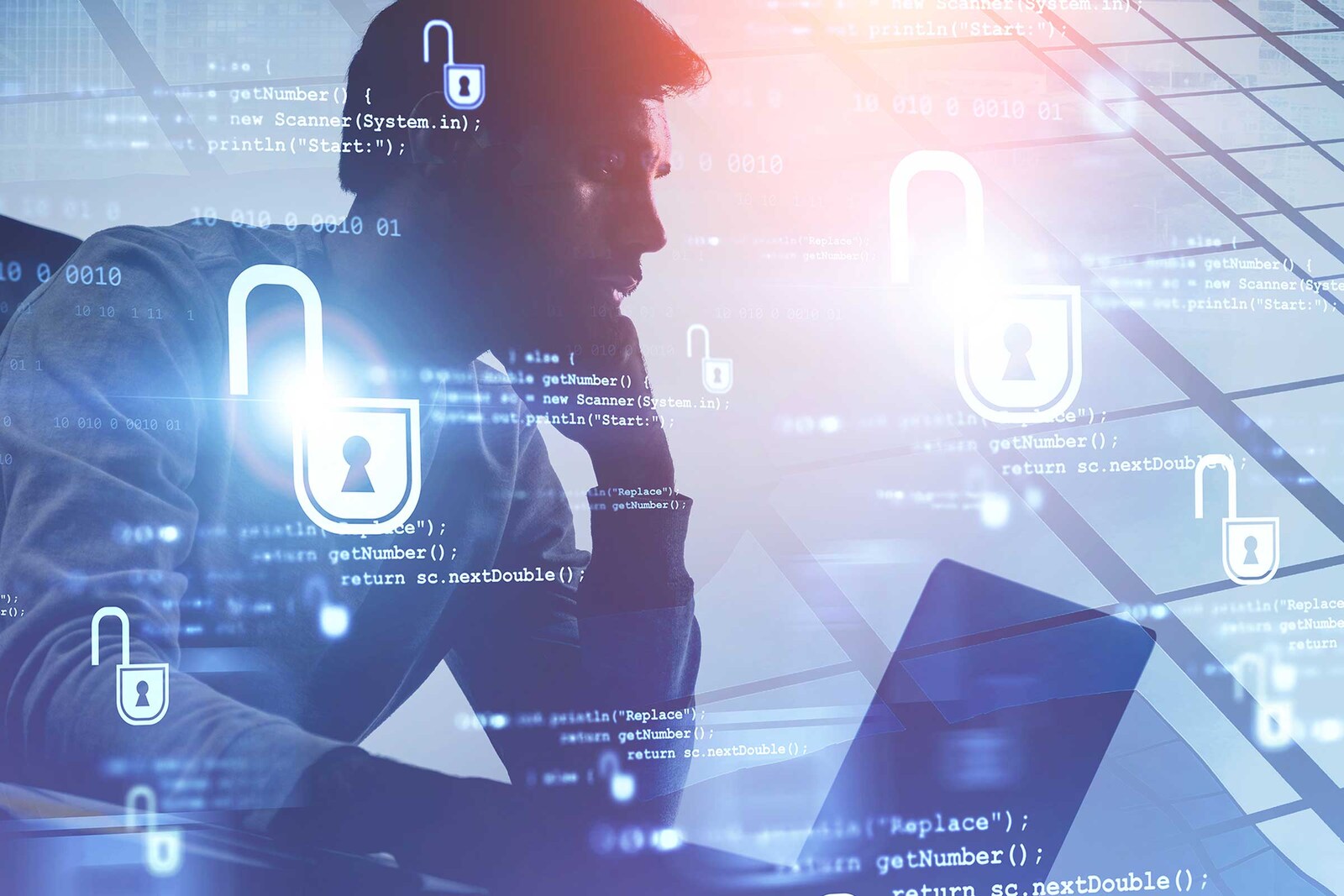Christmas is the time of year when the youngest in our families, the main stars of this period, excitedly await the gifts they asked for from Santa Claus.
In big cities, shops fill up with people in the days leading up to Christmas, and even after, especially during the sales period starting in January. The current and delicate health situation caused by the Covid-19 pandemic has led to an exponential increase in online purchases, allowing shoppers to save time and take advantage of online promotions.
However, we must be cautions of the possible security threats that online shopping can entail, as cybercriminals create fraudulent websites and send emails with the intention of obtaining personal data.
As such, it is crucial to examine the e-commerce websites you visit closely before making a purchase. These are the main things that you should check to ensure that you are dealing with a secure site:
- The website address begins with https:// and contains a closed padlock icon in the navigation bar. This means that the merchant has a valid security certificate and that the personal and banking information entered is encrypted before being sent, so that it cannot be accessed by malicious third parties.
- The website contains the required data of the business owner, such as their name and company name, tax address, contact telephone number, etc., as well as the delivery, returns, privacy, and cookie policies.
- Le immagini che contiene sono di alta qualità e i prezzi dei loro prodotti sono i medesimi prezzi di mercato.
- They accept various forms of payment: credit card or debit card, PayPal, and cash on delivery. Conversely, fraudulent e-commerce companies pretend to have various payment methods to look like official shops, but, when it comes time to check out, they force you to pay exclusively by credit card or money transfer.
- They have a trust badge, which is awarded to e-commerce sites that meet various security and privacy criteria: audits, feedback gathered from other customers, certifications, best practice statements, etc.
- They do not offer big and unusual discounts. Fake online shops often offer very high promotions - 70% to 90% off - to make shoppers believe they are genuine deals.
- Always shop using a trusted Wi-Fi network, such as the one in your home or on your mobile phone, and avoid using public Wi-Fi networks.
- Leggi le recensioni e le opinioni di altri utenti, ti aiuterà a scoprire se il sito è degno di fiducia.
At BBVA, we want to make your online shopping even safer and ensure that your personal and banking information is always protected. As such:
- If you use the BBVA Debit Card, you will be fully protected in the event of a security breach on the merchant's website.
- The BBVA Debit Card uses a Dynamic CVV that provides a high level of protection when making online purchases. It differs from the traditional CVV in that, instead of being fixed, this code is dynamic and is only valid for a limited period of time, after which a new one must be requested. It can be consulted from the BBVA App or from the web when making a purchase, it is unique, it remains active for a few minutes, and it protects you from possible fraud.
- The BBVA App contains the On/Off function, allowing you to turn your card on or off as many times as you need, so you can block online payments and protect yourself from unauthorized transactions.
Request your physical or virtual BBVA Debit Card with a Dynamic CVV at no cost by opening a BBVA Online Account.
You might be interested
-
Cyber security threats and hacker attacks: how to defend yourself
The main objective of a cyber attack is the financial benefit. To achieve this, there are different types of attacks aimed at stealing the confidential information of individuals and companies. -
Spyware: what it is, what types exist, and how it can be eliminated.
Spyware is one of the most common cyber attacks that any Internet user can fall victim to. It can endanger your personal information. -
What is vishing: how to recognize it, and how to protect yourself.
Vishing is a type of phishing carried out by cybercriminals through phone calls or messages left in your voicemail in order to obtain your personal data.




